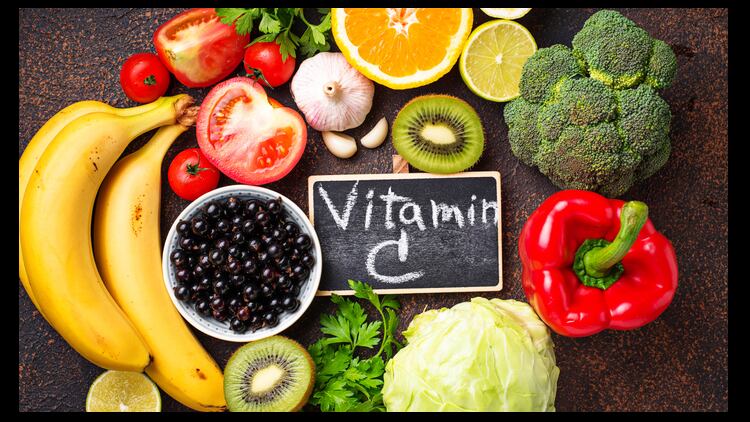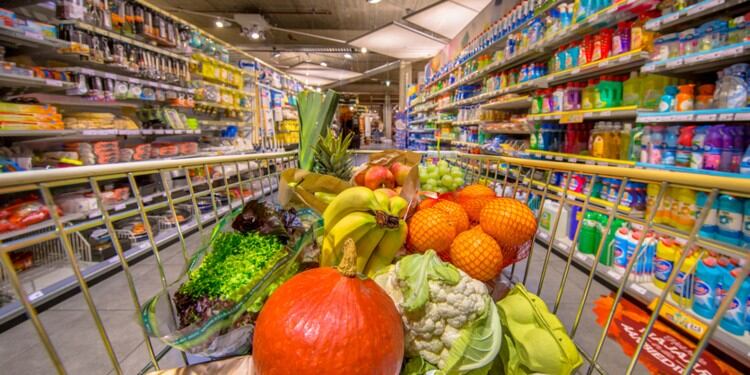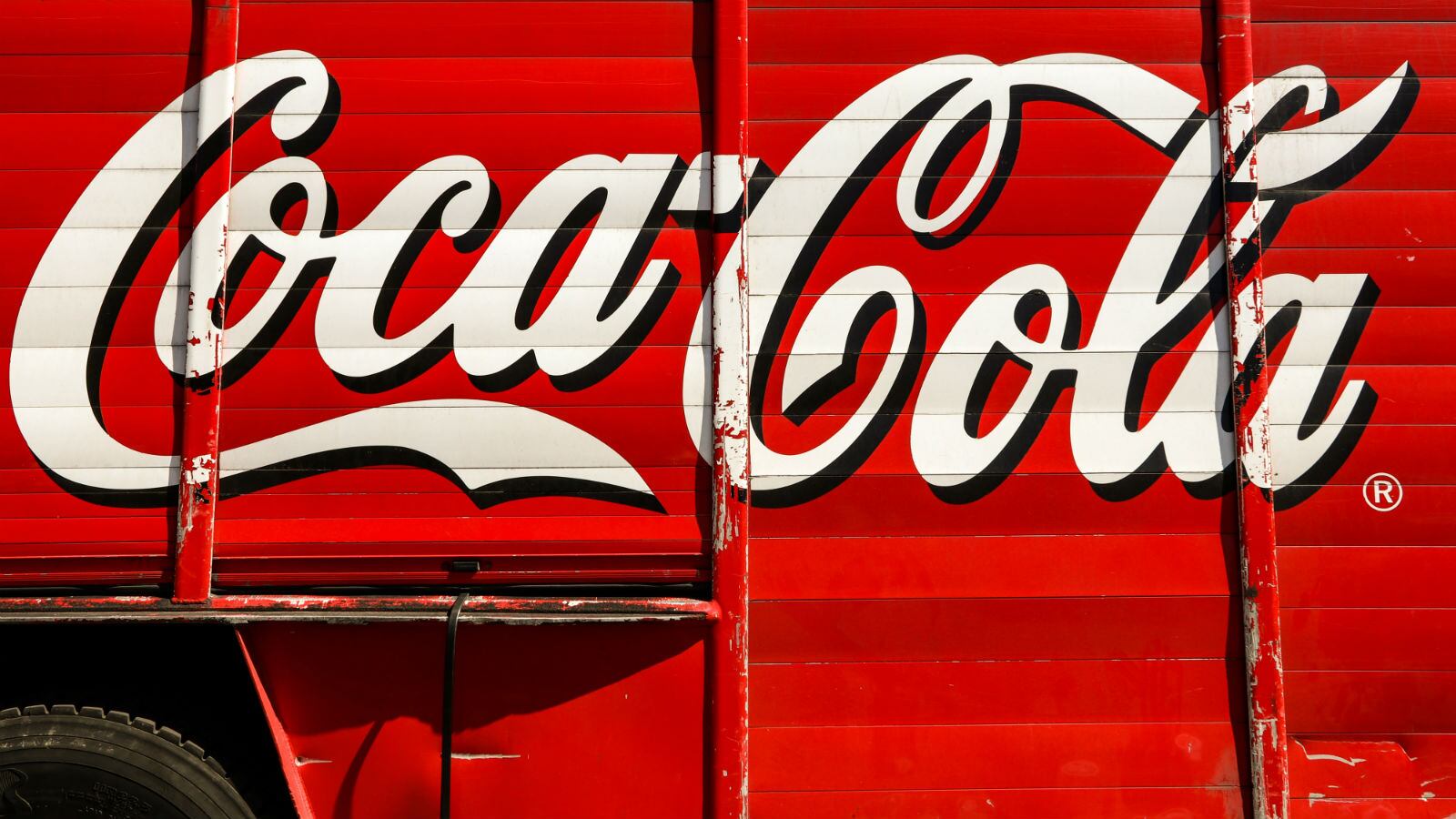‘Totally catastrophic’: China’s coronavirus crisis sees global F&B authorities react with varying degrees of caution
The recent coronavirus outbreak originating from animals in China has seen food and beverage authorities and industries worldwide taking steps to prevent spreading or ‘importing’ the virus into their countries – some more aggressively than others.
The coronavirus, dubbed 2019-nCoV, was first identified in Wuhan, China where most of the victims so far have been located. The World Health Organisation (WHO) declared the outbreak to be a global health emergency last month.
In response to the crisis, authorities in several countries have acted to ban the import of food items from China. One of these was Indonesia, which started with the ban of live animal imports from the country and is set to release a list of other banned food items soon.
“We will obviously stop live animals imports from China and are still considering banning other products,” Trade Minister Agus Suparmanto said in a media briefing after a government meeting about the virus.
“We are still in the preparatory stage, laying out details so we don’t target wrongly. [For horticultural products], we are not sure yet, it’s not 100%, but if those do not carry the virus, we will let them in.
Palm oil dilemma: Why Malaysia’s second-largest commodity export continues to face uncertain future
Malaysia is the second-largest palm oil producer in the world and the commodity is also the country’s second-largest export in terms of value - but the local palm oil industry as a whole faces an uncertain future due to volatile prices and continuing opposition by the European Union (EU).
According to Commodity.com, as of September 2019 Malaysia’s total palm oil commodity export value stood at US$8.94bn, behind only refined petroleum (US$10.9bn). It was also the country’s top agricultural export, far in front of coconut oil which came in fifth at US$977mn.
Malaysia is also the second-largest palm oil producer and exporter globally with 32.6% of the international palm oil industry market share, behind Indonesia (51.7%).
That said, the export value of palm oil has been described as ‘volatile’, particularly given that the country has seen a 42.1% drop in palm oil shipment export values over the five years from 2015 to 2019.
Purely paper: Mondelez trials its ‘world-first’ plastic-free packaging in Australia
Mondelez Australia has trialled its first 100% sustainable and 100% recyclable paper packaging on chocolates produced for overseas delivery to test the wrapper’s operational durability in transit.
According to the firm, the material used for this packaging was a ‘fully-sealed paper material’, and did not contain ‘laminates, foils or plastics’.
“Many existing paper-based food wraps have a thin plastic film to protect the product, however the paper used in the trial acts as the barrier to protect food and ensure freshness,” said Mondelez.
The firm’s Director of Marketing for Cadbury, Paul Chatfield, added that: “We are committed to making 100% of our packaging recyclable by 2025. [Given] this is a world-first for us and the material is at the leading edge of packaging innovation, we’re committed to finding innovative solutions to the sustainability challenges facing the planet.
China coronavirus: Calls to ban live animal sales in wet markets to halt future outbreaks
Sales of live animals at wet markets across China should be banned in the wake of the outbreak of coronavirus 2019-nCoV (now COVID-19), according to one expert.
The novel coronavirus, which is at the heart of an outbreak of viral pneumonia centred on Wuhan in China, is likely to have originated from snakes bought from a wet market and eaten.
After comparing the genetic information of the virus with information already available on other viruses, scientists have found the disease appears to have formed from a combination of a coronavirus found in bats, and another coronavirus originating from snakes.
This unique mix of proteins changed the shape of the receptors that allow the virus to bind onto and infect cells. Researchers say this recombination may have allowed cross-species transmission from snakes to humans.
The research from China notes that patients infected with the virus were exposed to animals at a wholesale market, where seafood, poultry, snakes, bats and farm animals are sold.
Bubble burst? Researchers question long-term health and environmental effects of plant-based diet
Plant-based products have recently come under fire for potential negative health and environmental effects, but much of this has so far gone more or less unnoticed and/or unmentioned by its proponents, it has been claimed.
The plant-based meat and dairy alternatives industry ‘revolution’ has been all but the talk of the town for the food industry in recent years, with its rapid growth mainly fuelled by its perceived benefits for health and the environment.
Making the switch to a plant-based diet was dubbed as ‘climate-friendly’ and carrying less ‘health risks’ as opposed to a conventional animal-based one by University of Otago researcher Jono Drew, who was part of a research team looking into the potential emissions and public health cost savings a population-level switch could bring, using New Zealand as a model.
"[As we] modelled dietary scenarios [that] became increasingly plant-based and therefore more climate-friendly, we found that associated population-level health gains and healthcare cost savings tended also to increase,” said Drew.





